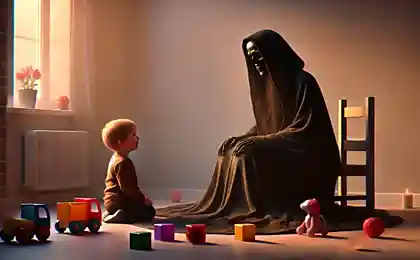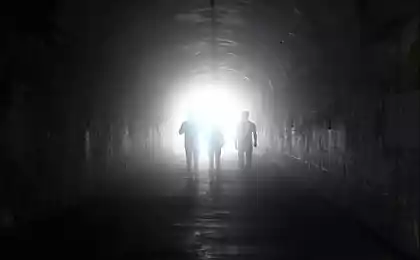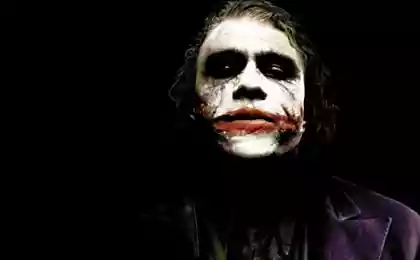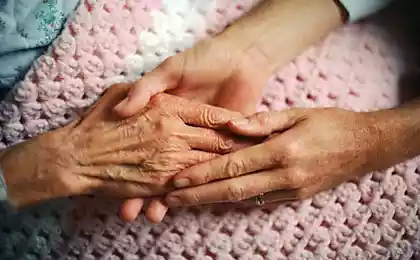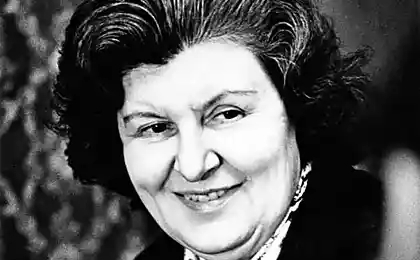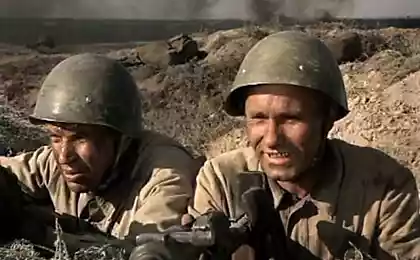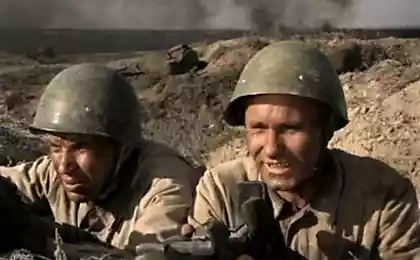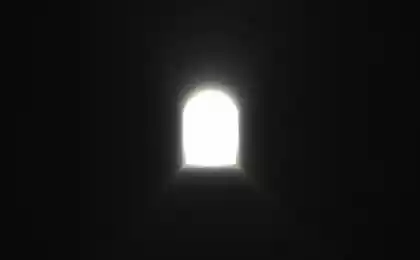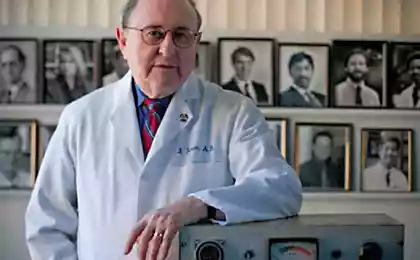757
"Seven flavors of Death": remember that people who have experienced clinical death
What is there beyond? Light and tunnel - a rather popular perception of death, but as Rachel Nyuver found in reports, you can find a lot of other strange experiences. In 2011, Mr, A 57-year-old social worker from England, was taken to Southampton General Hospital following a heart attack at work. Doctors just introduced his groin catheter when his heart stopped. The brain no longer receives oxygen and Mr. and died.

Despite this, he remembers what happened next. Doctors used an automated external defibrillator to try to restart the heart. Mister, A mechanical voice heard twice said: "Discharge". Between these words, he looked up and saw a strange woman who beckoned him to come out of the corner of the room, near the ceiling. He joined her, leaving her body. "I felt that she knew me and that I can trust her, and I knew that she was there for some reason, but did not know for what exactly, - later recalled Mr, A, - in the next second I was beside her and looked at himself from the top down, I saw a nurse and another man, with a bald head ».
Hospital records later confirmed the words of Mr A. Mr descriptions, but people in the room and those whom he has not seen before fainted, and their actions were also accurate. He described the events that occurred within three minutes after their clinical death, which, according to our knowledge of biology, he was not supposed to have a clue.
The History of Mr, A described in the journal "Resuscitation" - one of many in which people share their near-death experience. Until now, researchers assumed that, when the heart stops beating and stops the flow of blood to the brain, the mind goes immediately. At this time, the person is actually dead - although as soon as we learn more about death, we begin to realize that in some cases, death can be reversible. Over the years, those who came back from this unfathomable state shared their memories of the event. Doctors generally do not take into account these stories, considering them the fruit of hallucinations. Researchers are still reluctant to delve into the study of near-death experiences, mainly because they have to learn something that is beyond the reach of scientific investigation.
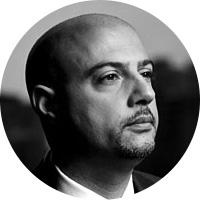
But Sam Man, doctor-resuscitator and director of research in the field of intensive care medical school at New York University, along with colleagues from 17 institutions in the United States and Britain wanted to do away with the assumption that people have or do not test on his deathbed. It is possible, he said, if to collect scientific data about the last minutes of life. Within four years, he and his colleagues analyzed data on more than 2,000 patients who survived cardiac arrest.
Man and his colleagues were able to interview 101 of them. "The goal is to try first to understand their psychological experience of death - tell a guy - and then, if there are people who say they remember their feelings after the death, we must determine whether this is the case».
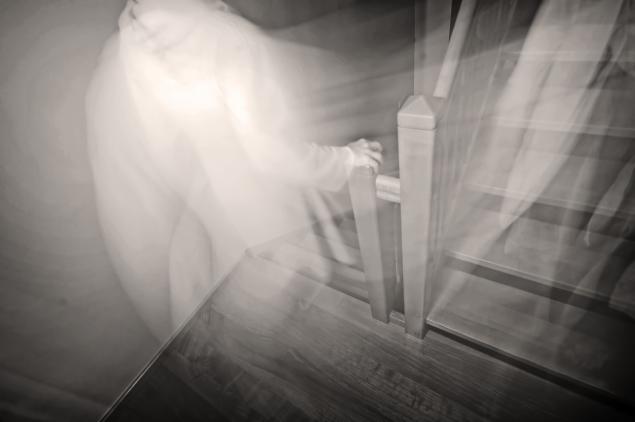
Seven flavors smertiOkazalos that Mr. A is not the only patient who could remember something about his death. Almost 50% of the study participants also remembered something, but unlike Mr. A and another woman, whose adventures outside the body can be checked, memories of other patients had no relation to the actual events that took place during the time of their death.
Instead, they told fabulous stories, or hallucinations that guy and his co-authors are classified under seven main themes. "Most of them were not consistent in describing what is called near-death experiences - she tells a guy - it seems that the mental experience of death is much broader than previously».
These seven themes:

Despite this, he remembers what happened next. Doctors used an automated external defibrillator to try to restart the heart. Mister, A mechanical voice heard twice said: "Discharge". Between these words, he looked up and saw a strange woman who beckoned him to come out of the corner of the room, near the ceiling. He joined her, leaving her body. "I felt that she knew me and that I can trust her, and I knew that she was there for some reason, but did not know for what exactly, - later recalled Mr, A, - in the next second I was beside her and looked at himself from the top down, I saw a nurse and another man, with a bald head ».
Hospital records later confirmed the words of Mr A. Mr descriptions, but people in the room and those whom he has not seen before fainted, and their actions were also accurate. He described the events that occurred within three minutes after their clinical death, which, according to our knowledge of biology, he was not supposed to have a clue.
The History of Mr, A described in the journal "Resuscitation" - one of many in which people share their near-death experience. Until now, researchers assumed that, when the heart stops beating and stops the flow of blood to the brain, the mind goes immediately. At this time, the person is actually dead - although as soon as we learn more about death, we begin to realize that in some cases, death can be reversible. Over the years, those who came back from this unfathomable state shared their memories of the event. Doctors generally do not take into account these stories, considering them the fruit of hallucinations. Researchers are still reluctant to delve into the study of near-death experiences, mainly because they have to learn something that is beyond the reach of scientific investigation.

But Sam Man, doctor-resuscitator and director of research in the field of intensive care medical school at New York University, along with colleagues from 17 institutions in the United States and Britain wanted to do away with the assumption that people have or do not test on his deathbed. It is possible, he said, if to collect scientific data about the last minutes of life. Within four years, he and his colleagues analyzed data on more than 2,000 patients who survived cardiac arrest.
Man and his colleagues were able to interview 101 of them. "The goal is to try first to understand their psychological experience of death - tell a guy - and then, if there are people who say they remember their feelings after the death, we must determine whether this is the case».

Seven flavors smertiOkazalos that Mr. A is not the only patient who could remember something about his death. Almost 50% of the study participants also remembered something, but unlike Mr. A and another woman, whose adventures outside the body can be checked, memories of other patients had no relation to the actual events that took place during the time of their death.
Instead, they told fabulous stories, or hallucinations that guy and his co-authors are classified under seven main themes. "Most of them were not consistent in describing what is called near-death experiences - she tells a guy - it seems that the mental experience of death is much broader than previously».
These seven themes:
- Fear
- animals or plants
- Bright Lights
- The violence and persecution
- Dejavu
- Family
Others, however, have experienced the opposite sensation, and 22% reported feeling "peace and tranquility". Some saw living beings: "All the plants, without flowers" or "Lions and tigers"; while others basked in the glow of bright light, or reunited with his family. Some of them reported a strong sense of déjà vu: "I knew that people were going to do before they did it." Heightened Senses, distorted perception of the passage of time and a sense of disconnection from the body were also among those experiences reported by survivors of clinical death.
"It is clear that people feel something at the time, when they are dead," - says the guy and says that people actually prefer to interpret these experiences, depending on their environment and existing beliefs. Someone who has lived in India, could return from the dead to tell what he saw Krishna, while someone in the Midwest may experience the same, but will claim to have seen God. "If in the Midwest father tells the child:" When we die, you see Jesus and he will be full of love and compassion, "the child, of course, it will see - tell a guy - and came back from the dead, he says:" Oh Dad, you're right, I definitely have seen Jesus! "It would be fair to admit that this is true. You do not know what God is. I do not know what God is. Well, except for the fact that a man with a white beard, as it is commonly portrayed ».
"All of these things: the soul, heaven and hell - I have no idea what they mean, and there are probably thousands of interpretations based on where you were born and what surrounds you - he continues. - It is important to move from the area of religious teachings objectivity ».
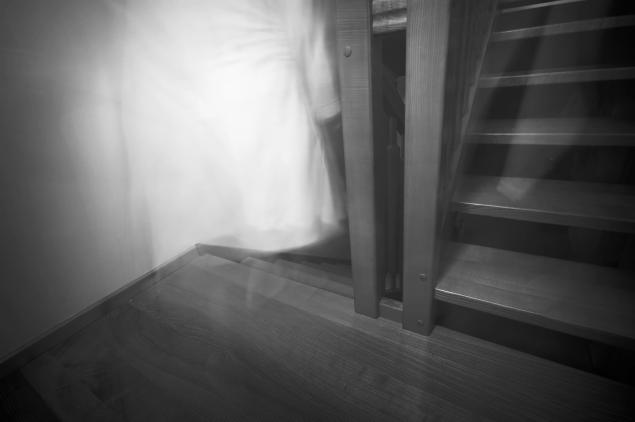
General sluchaiDo now a team of scientists revealed no patterns in the memories come back from the dead. And no explanation as to why some people are afraid, while others have reported euphoria. Man also points out that an increasing number of people experiencing clinical death. For many people, memories almost certainly caused by a swelling of the brain that occurs after cardiac arrest, or a strong sedative administered to patients in hospitals. Even if people clearly remember his death, it may, however, affect them on a subconscious level. Some are no longer afraid of death and begin to treat people altruistically, while others develop post traumatic stress disorder.
Man and his colleagues are already planning the next study to try to resolve some of these issues. They also hope their work will help to expand the traditional concept of death. They think that death should be regarded as an object of research - as well as any other objects or phenomena. "Anyone who thinks objectively agree that further research is needed in this area - Man says - and we have the tools and technologies. It's time to do it ».
via www.bbc.com/future/story/20150303-what-its-really-like-to-die


